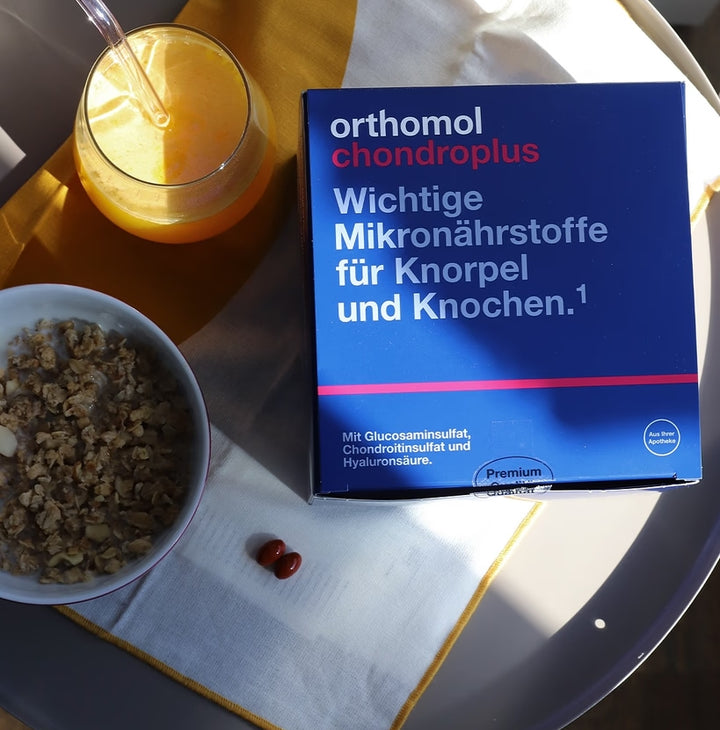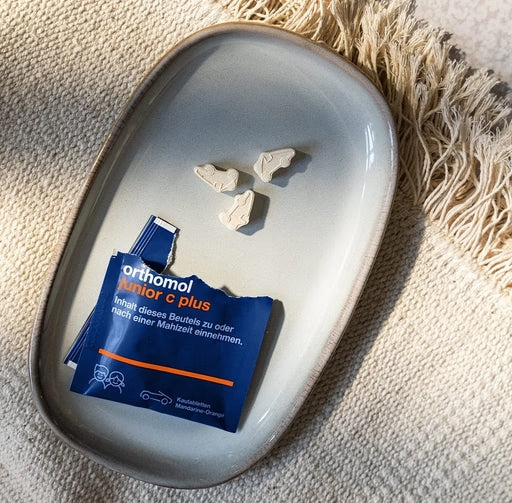
Male Fertility: Daily Habits & Nutrients for Wellness
When it comes to fertility, many people assume the responsibility lies solely with the woman. However, research shows that in approximately 40% of infertility cases, the contributing factor can be traced back to the male partner. A key factor? Sperm health.
Sperm quality plays a critical role in successful conception. Factors such as lifestyle, diet, stress, and environmental exposure can all influence male fertility. The good news is that many of these factors are modifiable through daily habits and intentional wellness choices. This blog explores how men can support their reproductive health through evidence-based strategies and proper nutrition.
Understanding Sperm Health
Sperm are microscopic cells with a big job—each one measures approximately 0.06 mm in length and is made up of three main parts:
- Head and cap (acrosome): Contains enzymes that help the sperm penetrate the outer layer of the egg. The head also holds the genetic material (DNA).
- Midpiece: Houses the mitochondria, which produce the energy needed for movement.
- Tail: Propels the sperm forward, helping it travel several millimeters per minute through the female reproductive tract.
Despite their size, sperm must travel approximately 15 cm to reach the egg, a journey that typically takes around an hour.

Common Causes of Reduced Male Fertility
Sperm health can be influenced by a variety of internal and external factors. Some of the most common contributors to low sperm count or poor motility include:
- Chronic stress
- Smoking and recreational drug use
- Excessive alcohol consumption
- Exposure to high heat (e.g., hot tubs, saunas, tight clothing)
- Poor nutrition or deficiencies in key vitamins and minerals
- Obesity and sedentary lifestyle
- Environmental toxins such as heavy metals and endocrine disruptors
While some genetic or medical conditions may also play a role, many of the lifestyle-related contributors are within your control.
Healthy Lifestyle Habits to Support Male Fertility
Improving male fertility often starts with adopting a healthier lifestyle. Here are several habits that support hormonal balance, reduce oxidative stress, and promote normal sperm function:
1. Adopt a Nutrient-Rich Diet Eating a balanced diet with a variety of whole foods supports overall health—and that includes reproductive health. Focus on foods rich in the following:
- Zinc: Contributes to normal fertility and reproductive function. Found in shellfish, pumpkin seeds, and legumes.
- Selenium: Supports normal sperm formation. Found in Brazil nuts, tuna, and eggs.
- Vitamin C and E: Antioxidants that protect sperm cells from oxidative stress.
- Folate: Supports DNA synthesis and cell division. Found in leafy greens, lentils, and fortified grains.
- Omega-3 fatty acids: Support cellular health. Found in fatty fish like salmon and sardines.
2. Stay Physically Active Moderate exercise improves blood flow, supports hormone balance, and can improve overall energy levels and well-being. Aim for:
- 30 minutes of moderate exercise most days
- A mix of aerobic and strength-training exercises
- Avoiding overtraining, which may lower testosterone in some cases
3. Manage Stress Effectively Chronic stress affects hormone levels and can lead to reduced libido or sperm quality. Try stress-management strategies like:
- Deep breathing exercises
- Mindfulness or meditation
- Journaling
- Getting enough sleep (7–9 hours per night)
4. Minimize Heat Exposure Testicular temperature plays a role in sperm production. Reduce exposure to:
- Hot tubs and saunas
- Tight underwear or prolonged laptop use on the lap
- Long periods of sitting without movement
5. Avoid Smoking and Limit Alcohol Cigarette smoke and heavy alcohol consumption are strongly associated with reduced sperm quality. Quitting smoking and moderating alcohol can significantly improve reproductive health over time.
6. Limit Exposure to Environmental Toxins Household chemicals, heavy metals, and plastics that contain BPA can interfere with hormonal signaling. Reduce exposure by:
- Choosing glass or stainless steel containers
- Avoiding microwaving food in plastic
- Using natural cleaning and personal care products when possible
When to Consider Nutritional Support Even with a healthy diet, some individuals may not meet their recommended intake of specific nutrients. In these cases, high-quality supplements may be used to support normal sperm development and reproductive function.
Key nutrients to consider include:
- Selenium: Contributes to the formation of healthy sperm
- Zinc: Supports testosterone levels and overall fertility
- Vitamin B12: Plays a role in DNA synthesis
- L-carnitine: Important for sperm motility
- Coenzyme Q10: Supports energy production and acts as an antioxidant
Supplements that combine these nutrients in evidence-based dosages can be a practical way to address nutritional gaps when dietary changes alone aren’t enough.
Final Thoughts: Fertility as a Marker of Overall Health
Male fertility is not just about reproductive function—it reflects broader aspects of metabolic, hormonal, and cellular health. Taking care of your fertility means taking care of your overall well-being.
By making intentional lifestyle choices and addressing key nutrient needs, men can take proactive steps to support their reproductive health. These changes not only promote fertility but also contribute to long-term vitality, energy, and quality of life.
If you're trying to conceive, it's important to start focusing on your health as early as possible. Fertility improvements often take several weeks to months, so consistency and patience are key.
As always, consult a healthcare provider before starting any new supplement routine or making major lifestyle changes—especially if you're facing ongoing fertility challenges.




